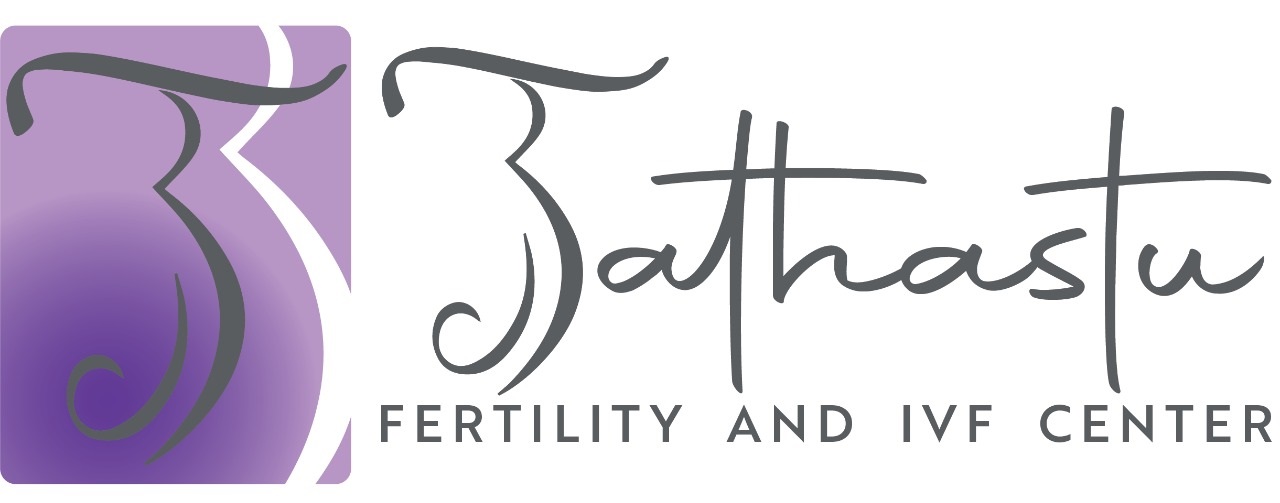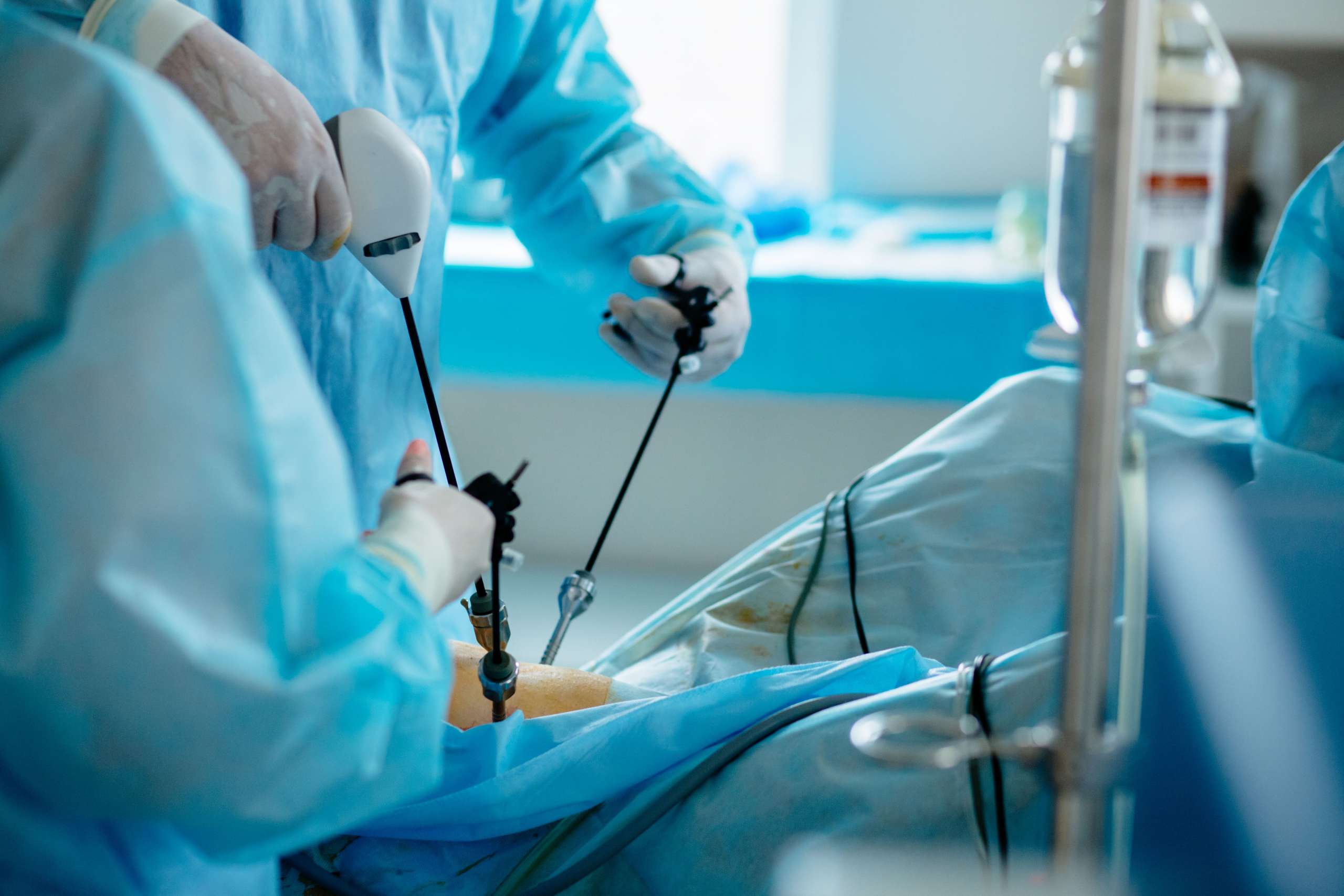In the realm of medical advancements, endoscopy has revolutionized the way we diagnose and treat various conditions. This minimally invasive technique offers a comprehensive view of internal organs and enables precise interventions with minimal discomfort and faster recovery. Let’s delve into the world of endoscopy and its invaluable benefits.
What is Endoscopy in Infertility Treatment?
Endoscopy in infertility treatment involves the use of specialized instruments to visualize and treat conditions affecting the reproductive system. It allows the specialists to precisely diagnose and address factors contributing to infertility, offering you the best possible chance of achieving pregnancy.
Endoscopy Techniques in Infertility
Endoscopy techniques are commonly used in the field of infertility to diagnose and treat conditions that may be impacting a person’s ability to conceive. The two main types of endoscopic procedures used are laparoscopy and hysteroscopy.
Laparoscopy:
Laparoscopy involves the use of a thin, lighted instrument called a laparoscope. This instrument is inserted through a small incision in the abdomen to visualize the pelvic organs. Laparoscopy offers several techniques for infertility assessment and treatment.
a. Fallopian Tube Evaluation:
One technique performed during laparoscopy is the evaluation of the fallopian tubes. This involves examining the condition of the tubes for any blockages or abnormalities. Identifying tubal factors can help determine the cause of infertility.
b. Ovarian Drilling:
Laparoscopic ovarian drilling is a technique used in cases of polycystic ovary syndrome (PCOS). It involves making small punctures or incisions in the ovaries to improve hormonal balance and stimulate ovulation.
c. Endometriosis Treatment:
Endometriosis, a condition where the tissue lining the uterus grows outside of it, can impact fertility. Laparoscopy allows for the diagnosis and treatment of endometriosis. Surgeons can remove endometrial implants and scar tissue during the procedure, helping to improve fertility.
Hysteroscopy:
Hysteroscopy is another endoscopic procedure used in infertility. It involves inserting a thin, lighted instrument called a hysteroscope through the vagina and cervix into the uterus. Hysteroscopy provides direct visualization of the uterine cavity.
a. Evaluation of Uterine Abnormalities:
Hysteroscopy allows for the evaluation of uterine abnormalities that can affect fertility, such as fibroids, polyps, adhesions (Asherman’s syndrome), or septum (a uterine abnormality). Identifying these abnormalities helps in planning appropriate treatment.
b. Removal of Polyps or Fibroids:
If polyps or fibroids are detected during hysteroscopy, they can be surgically removed. This removal can create a more favorable environment within the uterus, improving the chances of conception.
c. Tubal Cannulation:
In cases of proximal tubal blockage, where the fallopian tubes are blocked near the uterus, hysteroscopy can be used to guide a catheter into the tubes and clear the blockage.
Both laparoscopy and hysteroscopy are minimally invasive procedures performed under general anesthesia. They offer the advantage of shorter recovery times compared to traditional open surgeries.
Also, these endoscopic techniques allow for direct visualization and treatment of infertility-related conditions, potentially improving the chances of natural conception or enhancing the outcomes of fertility treatments like in vitro fertilization (IVF).
It’s important to note that the specific techniques utilized may vary depending on individual circumstances and the expertise of the healthcare provider.
Endoscopy for Infertility at Tathastu IVF
Endoscopy has emerged as a groundbreaking technique in modern medicine. It offers accurate diagnosis, minimally invasive treatment options, and faster recovery times.
At Tathastu IVF, we utilize state-of-the-art equipment to provide precise diagnosis and minimally invasive treatment options. With laparoscopy and hysteroscopy, we aim to address infertility concerns effectively while ensuring faster recovery times.
Our compassionate team understands the challenges of infertility and provides personalized care throughout the process. We prioritize your overall well-being and strive to optimize your chances of achieving a successful pregnancy.
Schedule an appointment with Tathastu IVF to explore the possibilities that endoscopy offers in your journey towards improved fertility and reproductive health.

